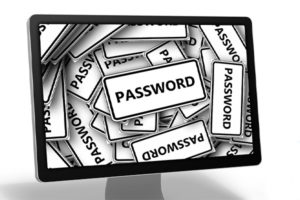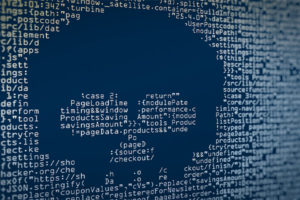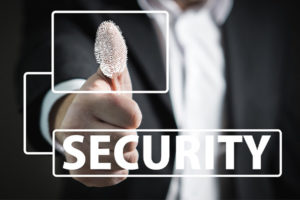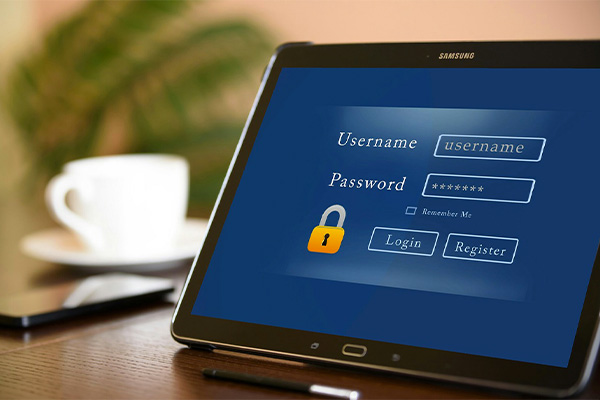Passwords in everyday life
Passwords are present everywhere, for everything in our daily lives.
To access its most secure online services such as its bank or its mailbox, but also to enter its customer accounts, its applications, to unlock its connected devices, etc.
You need a lot of passwords , different and quite complicated, with special characters, numbers, capital letters… you get lost and it’s quickly an obstacle course to access your different accounts.
Swiss Lemon helps you to see more clearly in the security of your passwords as well as in their daily management.

Choose a secure password
The primary purpose of the password , wherever it is, is to secure your personal data.
There are therefore rules to respect, among them we find:
- Creating multiple passwords . The unique password is dangerous. If it is compromised, all of your accounts will be compromised.
- Bet on the right length, sometimes imposed, a length of 10 characters is a minimum. 14 is even recommended.
- Remember to vary the characters: numbers, letters, symbols, capital letters…
- Avoid your date of birth, the first name of your children or that of your pet… A bit easy to find. Prefer randomness.
- Change the password regularly.
- Do not write down your passwords in a file.
- Use a password manager , it will be secure.

Remember your passwords
In general, the password is difficult to handle, easy to forget, victim of a typing error… Who has never found themselves helpless when faced with access to an account that does not want to cooperate?
Write them down by hand in a safe place, in a notebook? why not, cybercriminals will never get their hands on it… in real life the risks are still present with this technique: losing it or having it stolen.
Use a password manager ? simple secure database, it can also offer synchronizations, password generators or even compromise alerts . KeePass is a completely free application, we can also mention 1Password or LastPass.
The ideal remains the physical box. It is a device that stores passwords , everything is encrypted and protected. When requested, passwords are sent via USB to the login form.
How are your passwords compromised?
Without precautions to protect your passwords , they can be compromised and cybercriminals could easily infiltrate all your devices and all your online accounts.
They may also obtain personal information about you or your business.
The most common methods are:
- Brute force : A brute force attack consists in testing, one after the other, each possible combination of a password or a key for a given identifier in order to connect to the targeted service. This is an old and widespread method among pirates.
- Rainbow tables are a technology used in cryptanalysis to go back from a hashcode to the original character string, the password that we are trying to break, despite the use of a one-way encryption algorithm.

2-factor identification: 2FA
Heard about it but not using it yet? Yet it is a simple way to strengthen the security of your accounts .
Two-factor authentication refers to the double verification of a user’s identity at the time of login, which involves two unique steps in which a user enters their credentials.
Typically, two-factor authentication involves the user providing a password and then a second authentication factor: SMS code, fingerprint, etc.
2-factor authentication therefore significantly reduces the chances that a hacker can compromise a user’s account by forcing users to authenticate using 2 different techniques. If one factor is compromised, there is little chance that the second will be compromised as well.
Your security on the web
Whether you want to strengthen the security of your access , or obtain advice aimed at avoiding errors in the security of your company’s data : call on our communication agency in Geneva.
With our partners , we implement all the most modern techniques to secure your information on the Internet .


